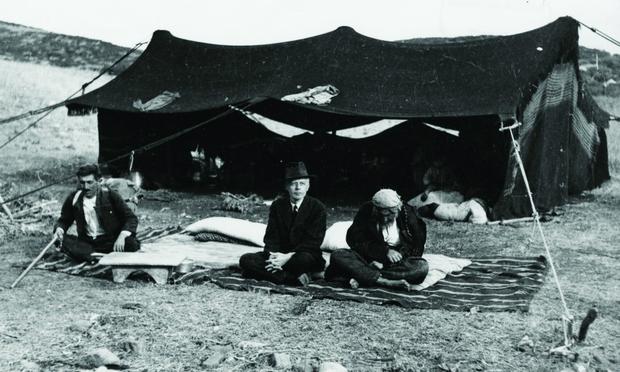 A scene from Rossini's 'William Tell' at the Royal Opera House (ROH)
A scene from Rossini's 'William Tell' at the Royal Opera House (ROH)
The opening night performance on Monday of a new production of William Tell at London's Royal Opera House was marked by loud and prolonged booing over a scene in which a woman is raped by soldiers.
The production, by Italian director Damiano Michieletto, updates Rossini's classic tale of the 14th-century Swiss hero William Tell to the 1990's Balkan conflict. Music critics – largely on the side of the booers – described the audience's reaction to the third-act ballet scene as unprecedented in the company's recent history More
.




